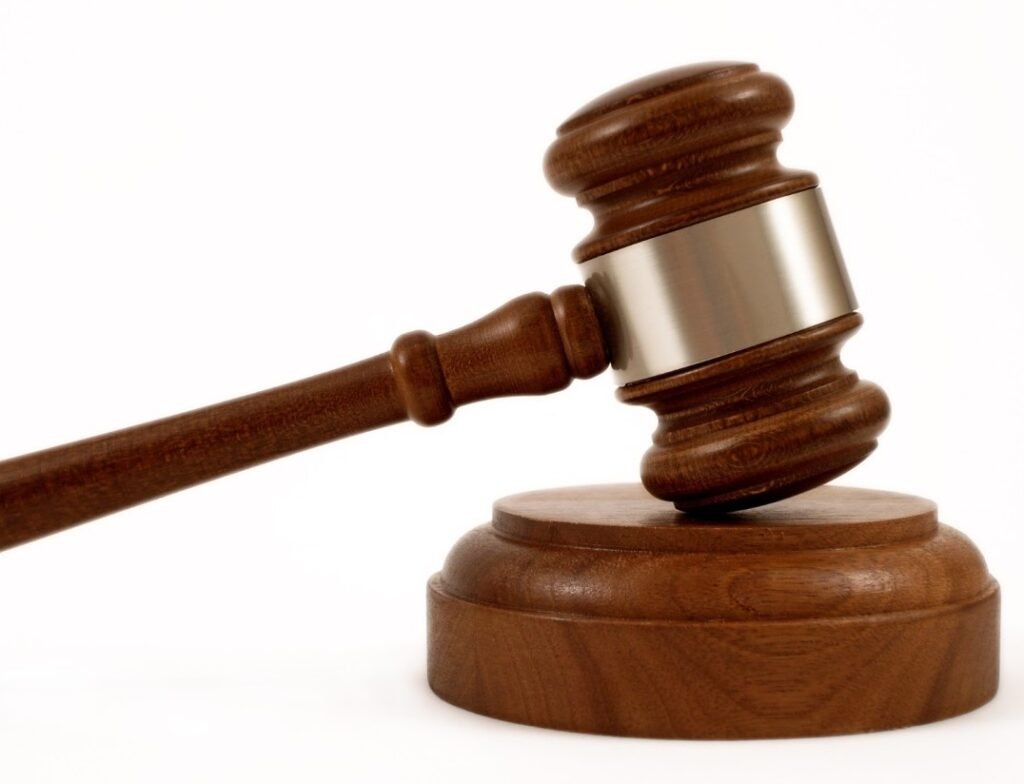What are the allegations against Harbaugh and Michigan?
According to a report by The Athletic, Harbaugh is accused of a Level I violation, which is the most serious type of infraction in the NCAA’s enforcement structure. The allegation is that he made false or misleading statements to the NCAA enforcement staff during an interview in June 2021, regarding his involvement in recruiting activities that violated the COVID-19 dead period rules.
The dead period, which was in effect from March 2020 to June 2021, prohibited in-person contact between coaches and recruits or their families. However, the NCAA alleges that Harbaugh and his staff had several instances of impermissible contact with prospects, such as visiting their homes, schools, or workplaces, or arranging for them to meet with current or former Michigan players.
The NCAA also alleges that Harbaugh and his staff failed to monitor and promote an atmosphere of compliance within the program, and that they did not report the violations in a timely manner. These are considered Level II violations, which are significant breaches of conduct that provide or are intended to provide more than a minimal but less than a substantial or extensive recruiting, competitive or other advantage.

How did Harbaugh and Michigan respond to the allegations?
Harbaugh and Michigan initially agreed to a negotiated resolution with the NCAA, which would have resulted in a four-game suspension for Harbaugh to begin the 2023 season, as well as other penalties for the program, such as reduced scholarships, recruiting restrictions, and probation. However, the NCAA Committee on Infractions rejected the agreement in August 2023, citing concerns about the severity and appropriateness of the sanctions.
Harbaugh and Michigan then requested an expedited hearing before the Committee on Infractions, which is expected to take place in October 2023. Harbaugh has denied any wrongdoing and has maintained his innocence throughout the process. He has also received support from his players, staff, and athletic director Warde Manuel, who said in a statement that he will continue to back Harbaugh and his program.
What are the potential outcomes and implications of the case?
The outcome of the case will depend on how the Committee on Infractions evaluates the evidence and arguments presented by both sides. The committee could uphold, reduce, or increase the sanctions proposed by the negotiated resolution, or impose different penalties altogether. The committee could also clear Harbaugh and Michigan of any violations, or refer the case to the Independent Accountability Resolution Process (IARP), which is a new mechanism for resolving complex cases involving serious infractions.
The implications of the case could be significant for Harbaugh and Michigan, both on and off the field. Harbaugh, who is entering his eighth season as the Wolverines’ head coach, has been under pressure to improve his record against rivals Ohio State and Michigan State, as well as contend for Big Ten and national titles. A suspension or other sanctions could hamper his ability to achieve those goals and affect his job security.
The case could also impact Michigan’s reputation and recruiting efforts, as potential recruits and their families may be wary of joining a program that is facing NCAA scrutiny and possible sanctions. Additionally, the case could have broader ramifications for college football as a whole, as it could set a precedent for how the NCAA handles cases involving false or misleading statements by coaches during investigations.
